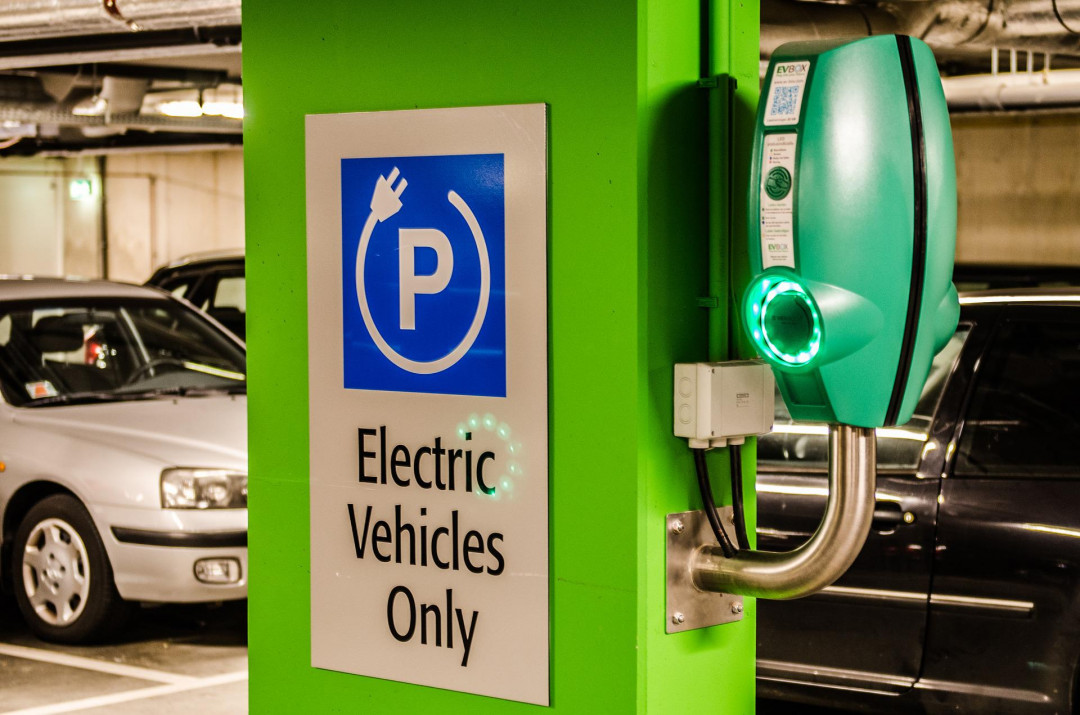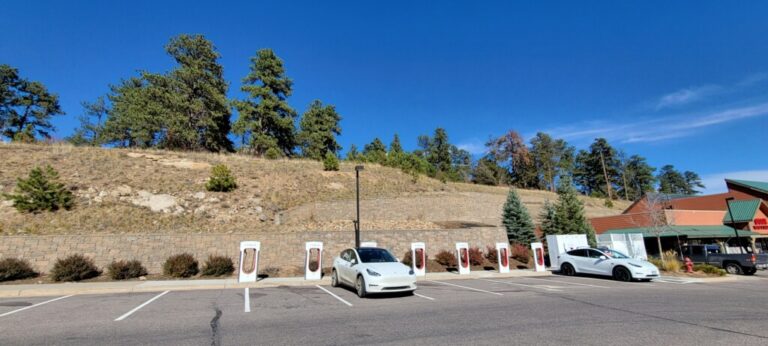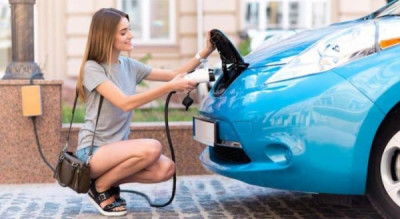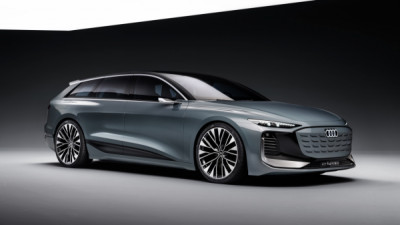
New Regulations for EV Chargers Reliability and Ease of Use
On February 15, 2023 the Biden administration announced that the US government is going to establish regulations for EV chargers financed by federal funds – a first for America, with the goal of making EV Chargers work in the US. In simpler terms, any EV charger funded through federal resources must be of good quality and in proper working condition.
The Biden-Harris Administration has declared a new set of steps towards achieving the President’s goal of installing 500,000 EV chargers by 2030 and constructing a dependable national charging network for electric vehicles. This includes setting minimum standards for federally funded EV infrastructure, signing off on the Build America, Buy America program to acquire EV charging equipment, and providing $2.5B in grants that cities, towns, Tribes, and states can use to construct EV chargers in their localities. This will significantly alter how Americans travel on roads.
“This is a major step toward a world where every EV user will be able to find safe, reliable charging stations anywhere in the country,” said U.S. Transportation Secretary Pete Buttigieg. “We’re establishing common, universal standards for EV charging stations just like the ones for gas stations, so that recharging an EV away from home will be as predictable and accessible as filling up a gas tank.”
“Today’s announcements will address challenges to widespread EV adoption by clearing the path for a nation-wide network of chargers that is even more accessible and affordable than traditional gas stations,” said U.S. Secretary of Energy Jennifer M. Granholm. “This historic undertaking will spur economic growth powered by American workers who will deliver on President Biden’s goals for America to lead the world in EV manufacturing and adoption.”
All EV chargers funded by the National Electric Vehicle Infrastructure (NEVI) and other federal sources will have to meet the new nationwide standards, which are applicable in all 50 states, Washington, DC, and Puerto Rico.
It is an Ambitious Project
Investments will be made to electrify a substantial portion of the existing national highway system, amounting to more than 75,000 miles. This ambitious project will provide drivers with an environmentally friendly and cost-effective alternative to traditional gasoline-powered vehicles. By providing electric infrastructure across such a large area of our highway network, we can help reduce emissions and allow for more efficient travel between destinations.
The White House press release states: …there were no comprehensive standards for the installation, operation, or maintenance of EV charging stations, and disparities exist among EV charging stations in key areas, such as connector types, payment methods, data privacy, speed and power of chargers, reliability, and the overall user experience.
Five new US EV Charger Standards
The Federal Highway Administration (FHWA) and the Joint Office of Energy and Transportation have issued five new standards that US EV charger operators must comply with.
- Charge predictably and reliably. EV chargers will have to have consistent plug types, power levels, and a minimum number of chargers capable of supporting fast charging.
- Chargers work when drivers need them to, There’s a new 97% uptime reliability requirement.
- Drivers can easily find a charger when they need to. Publicly accessible data on locations, price, availability, and accessibility through mapping applications.
- Drivers do not have to use multiple apps and accounts to charge. The FHWA is going to require that a single method of ID work across all chargers.
- Chargers will offer forward-looking capabilities like Plug and Charge.
Will this new Set of Regulations Work?
While these standards are awesome and will make traveling in an EV much easier, this will take time and time will also tell us how strict the government will be with these vendors. What will be the consequences if the chargers are not dependable after the money has been given out? Will regulators have any power to recover funds or impose fines, aside from refusing to finance future installations?
What do you like or dislike about these standards, how long do you think it will take to get all 5 implemented? I would love to hear from you here.



